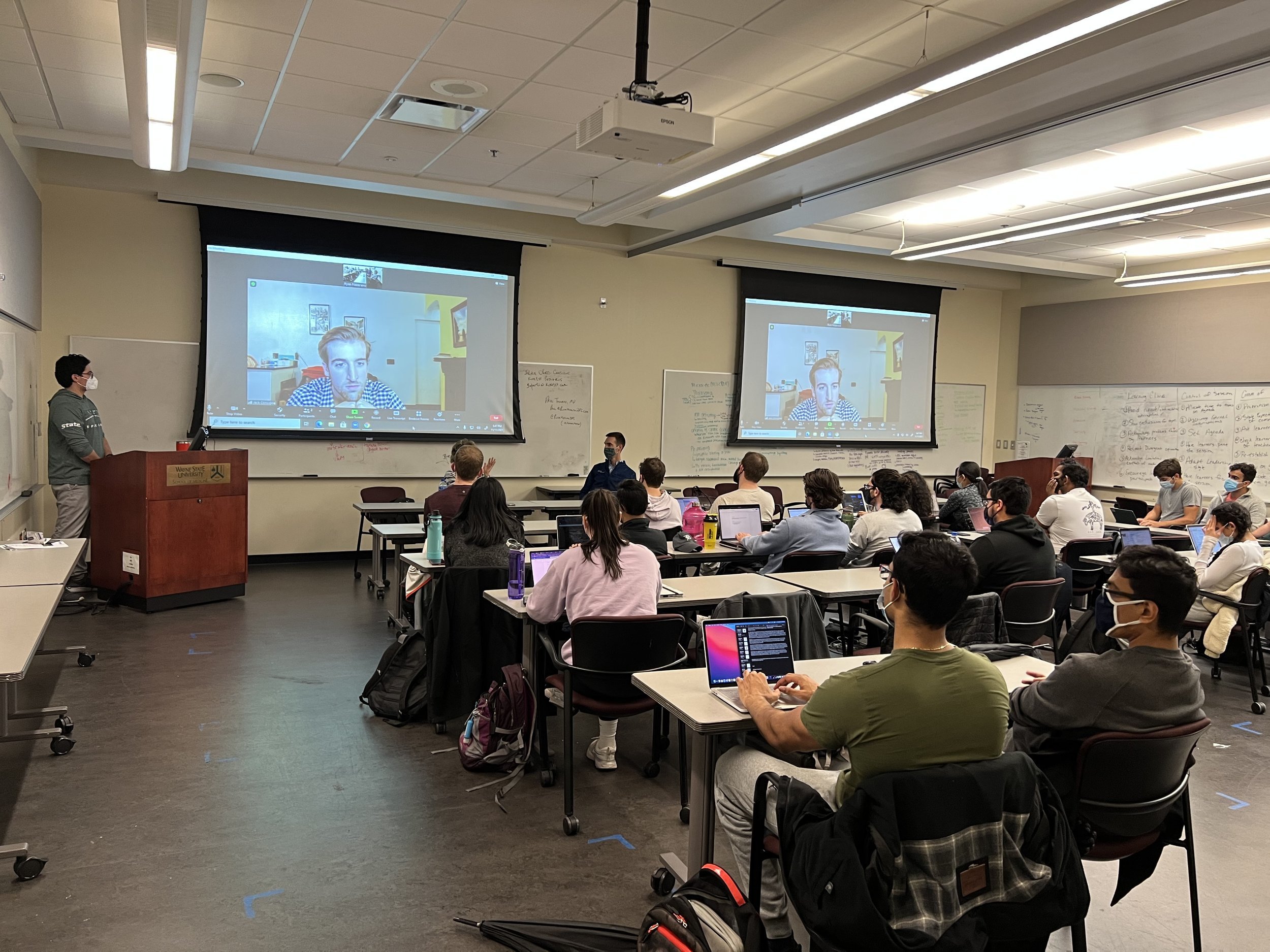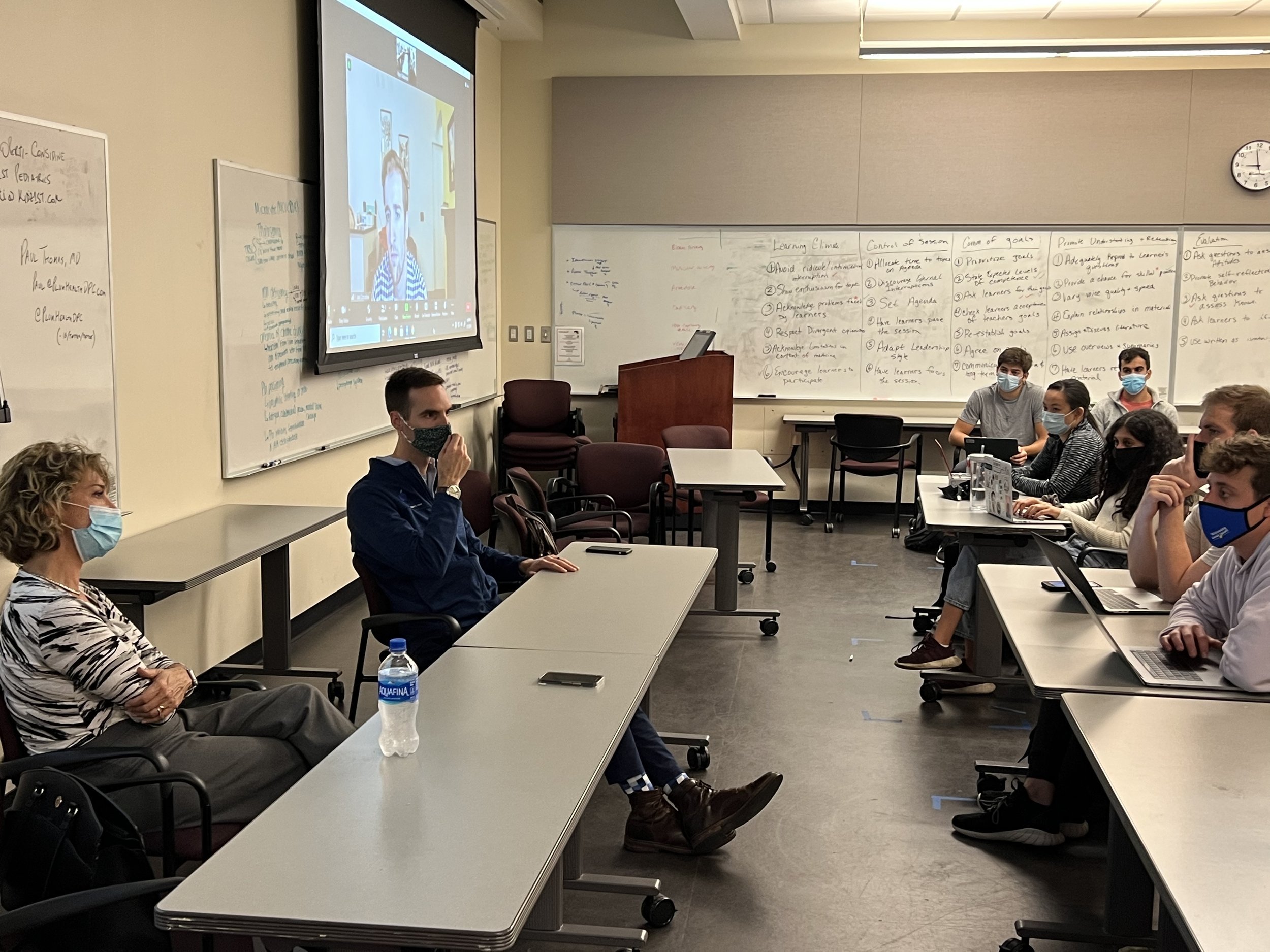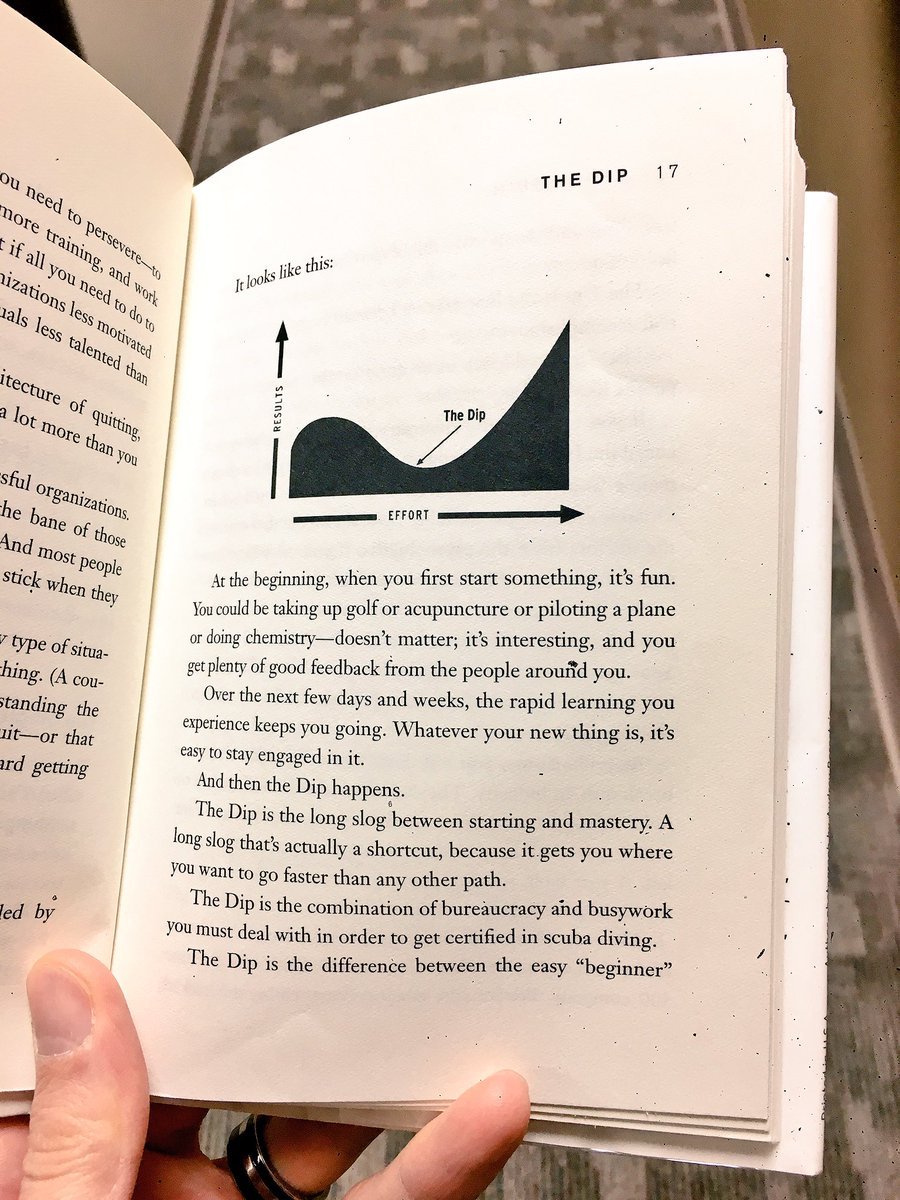Plum Health Blog
Paul Thomas MD at Wayne State University School of Medicine for a Business of Medicine Elective Course Panel
Wayne State University School of Medicine Business of Medicine Elective Course Invites Dr. Paul Thomas to a Panel
Dr. Paul Thomas, a Wayne State University School of Medicine graduate from 2013, was invited to be a part of a panel discussing Business of Medicine. This was a group of medical students interested in the business side of medicine.
I was really happy to receive this invitation as it is my opinion that medical schools should focus more time in their curriculum to the business of medicine. Topics that ought to be discussed included how to attract patients, how to generate revenue, how to pick and use an electronic medical record, how to manage practice finances, how to start a PLLC or an LLC to operate your business or purchase real estate for your business, how to invest, etc… These skills would be transformational if all physicians were equipped with these business fundamentals.
Paul Thomas, MD of Plum Health DPC speaks to a group of medical students at Wayne State University School of Medicine During their Business of Medicine elective course.
During the course of the evening, we talked about all of the above topics and more, including the following:
How do you build and maintain a patient population in a private practice?
How do referrals work, and what do you focus on when building relationships with specialists when it comes to referrals?
How to decide on employee personnel (PA vs NP vs another MD/DO, MA's vs CNA's etc)
As a growing practice, how do you gain buying power against large healthcare establishments?
Other than telemedicine, what changes from COVID do you foresee staying/playing a role long term?
It was an excellent conversation and I was happy to share my knowledge and insights in these areas. After the event, I received the following thank you.
On behalf of the students and myself, a sincere and grateful 'thank you' for the gift of your time and your insights last evening.
During this very informative and engaging discussion you helped these first-year medical students gain a better understanding of many of the business issues involved in establishing a direct primary care practice. Your entrepreneurial skills were very evident, and we are thrilled they had a chance to get to know this other side of your story.
It was great to observe the ease with which you engaged with the students, and we all benefited from the breadth and particulars of the discussion. The discussion continued after you left, and I am certain the students will continue to benefit from the opportunity to hear about your fascinating journey and will take to heart the advice you gave.
In closing, it’s great to see medical students engaged in the Business of Medicine, as if we want to create a more compassionate health care system, we need to fundamentally change the business models that we use to deliver health care services. Hopefully these students will be apart of that change for the better.
-Dr. Paul Thomas with Plum Health DPC
My Thoughts on The Dip
Today, I finished reading "The Dip" by Seth Godin. In the book he talks about when to stick with a project and when to quit. I picked up this book for a few different reasons. First, it was recommended to me by a colleague in my small business community. Second, I felt instinctively that I was facing a decision point in my business, and I needed an external voice to validate what I've been feeling over the past few weeks.
"The Dip" is a relatively short book, and a key takeaway can be found in the section subtitled "Never Quit". Mr. Godin urges his readers to quit, which may be surprising at first. But his main point is this: "Never quit something with great long-term potential just because you can't deal with the stress of the moment".
Starting a Direct Primary Care practice in Detroit has been one of the most difficult challenges that I've faced in my young career. With undergraduate study, MCAT preparation, medical school, and residency training, there is a great deal of certainty. The equation for success in these regimented environments is simple: study hard, get good grades, perform well on exams and you will succeed. There is a comfort in these structured environments, because I knew that if I studied for "x" amount of hours, I would earn "y" result.
But with business and running a Direct Primary Care clinic, there is a great deal of uncertainty and a less direct relationship between effort and reward. For example, if I put too much effort into one marketing channel (Facebook or YouTube) and not enough into another marketing channel (email or in-person events), then I may not attract as many new clients. There is no specific formula for success.
Even though there isn't as much of a direct relationship between effort and reward, I know that Direct Primary Care has excellent long-term potential. I truly believe that it delvers better health care at a lower cost, and that demand for this healthcare delivery model will grow, perhaps even exponentially as economic forces in the broader economy change.
That doesn't change the fact that there is a lot of stress in the current moment! The uncertainty about growth, next steps for the company, and broader adoption in the marketplace cause me a good deal of stress, and I was looking for something that spoke to these aspects of my business. Reading "The Dip" was like having an excellent pep-talk from a personal business coach.
Intuitively, I can sense that I am in a dip, as described in the book by Seth Godin, and reading his book validated my feelings on my business at this point in time. It also gave some pragmatic wisdom with which I can rededicate myself to my business. After 6 months of operation, I can start to analyze what's working and what's not working. As Godin writes, "The opposite of quitting is an invigorated new strategy designed to break the problem apart".
He goes on to describe a challenge I'm currently facing: acquiring more customers in the marketplace. He urges his readers to focus on the broader market rather than the individuals. I.e. don't call one lead 10 times, which he sums up nicely here in this passage, "If you try to influence one person, persistence has its limits". It's difficult to change the mind of an individual, and you want to avoid pestering people.
But, the market is different than individual people. One line that struck me regarding this subject was his assertion that "most of the people in the market have never even heard of you". And this may be a good thing! He relates the story of Sergei Brin of Google and how it was better if customers found out about Google later on rather than right now. This gave Google more time to iterate and improve the product, which would then create better customer experience.
For now, I will continue to focus on improving my services and clinic flow, because I know that as each day passes, the experience of my customers improves. I will also be rededicating myself to email marketing, as I've let this slide over the past few weeks, so check your inbox!
Thanks for reading about the struggles of starting a Direct Primary Care practice. I'm looking to include some of these writings in a future project, so if some of the blog posts here seem random, know that they're adding up to something bigger in the future!
- Dr. Paul Thomas with Plum Health DPC
Plum Health Direct Primary Care for Employers
Plum Health Direct Primary Care can deliver high-quality, cost-saving care for businesses of any size.
Direct Primary Care is an exciting alternative to the traditional fee-for-service model. This is true for individuals, but especially true for small, medium, and large businesses.
To the employers and HR personnel of the world, Plum Health can provide comprehensive family medicine services to your employees for a low monthly cost. Imagine having a doctor that your employees can call, text, or email at anytime. Your employees can also visit our doctor anytime without a copay.
We believe that this increased responsiveness and availability can reduce down-stream costs. We also believe that your employees will be more proactive about their health when they don't have to pay a co-pay. For example, we treat simple bladder infections in the office before they become pyelonephritis in the ER, coughs and colds before they become pneumonia.
There are several benefits to enrolling in a Direct Primary Care plan. Here are three of the big ones for employers:
1.) Decreased Absenteeism
By offering efficient and convenient care, we can reduce employee absenteeism. Because there is very little wait time to see the Doctor, simple ailments are caught before they become bigger problems.
2.) Reduced Medical Expenses
Every time that we prevent a visit to the Urgent Care or the Emergency Department, we save you hundreds and thousands of dollars. To optimize your value, we recommend pairing our services with a high-deductible, low-premium insurance plan.
3.) Attracting and Retaining Talent
By offering a health care plan that is a meaningful benefit to your employees, you can leverage recruitment. We know the high quality care that we are capable of delivering, and your employees will appreciate these services.
To find out more, call us at 313.444.5630.
- Paul Thomas, MD











